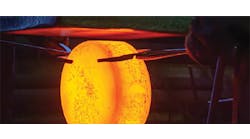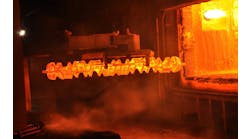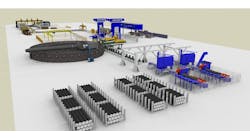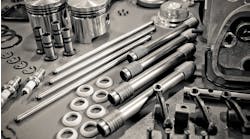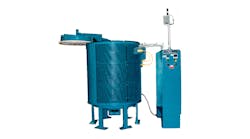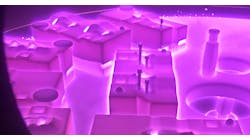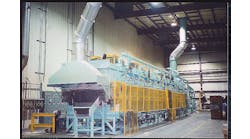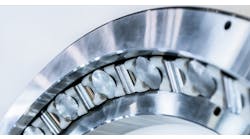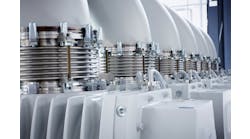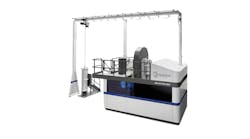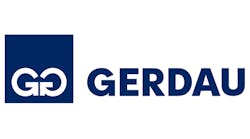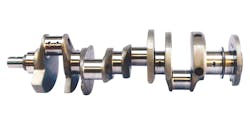Gerdau Special Steel is nearing the completion of a $27-million capacity expansion program at its thermal heat-treating plant Huntington, IN, first reported in March 2012 and aimed at doubling the plant’s capacity. Reports indicated the new installations would be online by August. Gerdau is a producer of engineered steel bar products, and its Huntington operations specializes in advanced induction heating for quenched and tempered long bars and tubes.
The company is a division of Gerdau, which manufactures SBQ steel at multiple locations in North and South America. The division is headquartered in Jackson, MI, and has steelmaking operations in Jackson and Monroe, MI, and Fort Smith, AR.
The two-stage project at Huntington began in 2011 with a $9-million capital investment completed in 2012 that included an inline induction-heated quench and tempering line for steel bar and tube products. The completion of that project gave Gerdau’s Huntington facility a fifth quench-and-temper line, bringing total capacity to 80,000 tons annually.
The second phase, nearly complete, was budget at $18 million and includes a new building and crane. It also introduces new equipment for steel bar turning and polishing, inspection, induction heat-treating, straightening, and cutting.
The expansion was supported by state and local tax incentives, the steelmaker has said.
Gerdau emphasized that the expansion will increase its ability to supply products that are growing in demand thanks to the automotive industry’s increasing preference for electric power steering (EPS) systems.
It cited IHS research indicating the rising demand for EPS systems, which use electric motors rather than hydraulic pumps to power the steering. The systems are lighter than HPS systems, making the vehicles an estimated 10-12% more fuel-efficient.
“The majority of new vehicles being produced in North America are utilizing electric powered steering,” stated Chris Easter, regional manager of technical services for Gerdau’s North American special steel division. “Consumers want vehicles that are more energy- and fuel-efficient, and EPS systems achieve this.”
Automotive manufacturers and suppliers will require higher volumes of heat-treated steel in order to supply the EPS systems, and Gerdau noted that having up to 15,000 ton/year of capacity for processing those materials at Huntington would save its customers the cost of third-party handling and treatment. It will also help to reduce lead-time on orders and reduce the total volume of work.
“This expansion really differentiates us from typical steel manufacturers that only produce long bars. It allows us to be a one-stop shop for our customers,” Easter stated. “We will now be able to produce hot-rolled SBQ steel bars in Monroe, heat-treat, turn, polish, and stress-relieve the bars in Huntington, and ship finished, cut-to-length pieces to our customers.”
